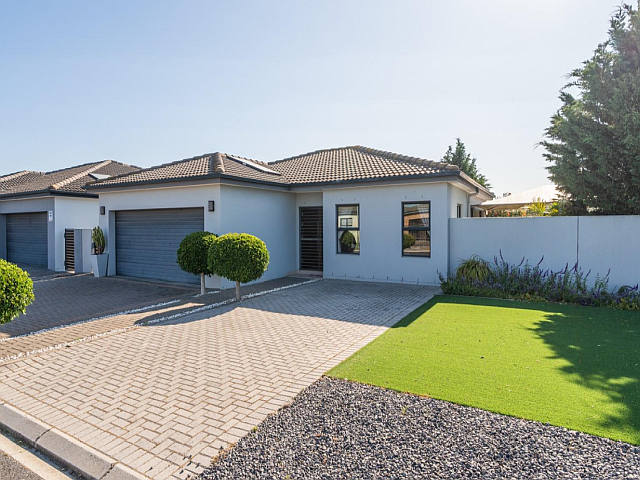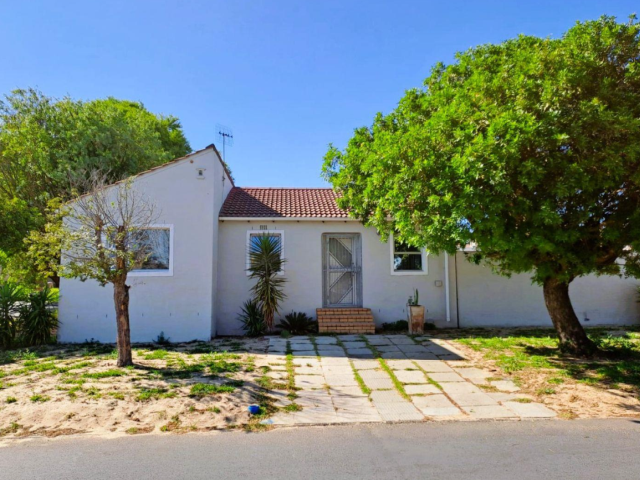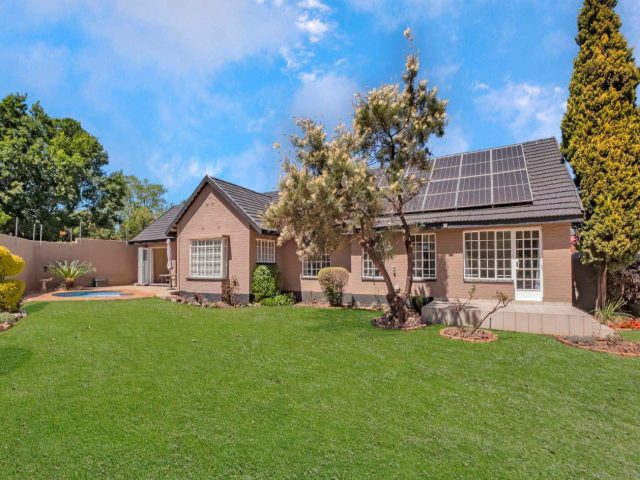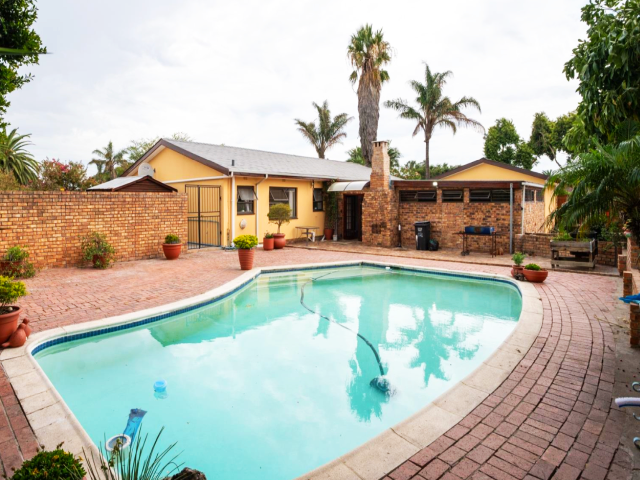Despite years of rising living costs, South Africa remains one of the few countries where first-time buyers can still enter the property market at realistic prices.
READ: No clearance, no sale: What every seller must know about rates certificates

According to Antonie Goosen, Principal and Founder of Meridian Realty, the key is knowing where value still exists - and what compromises make sense.
“First-time buyers have become exceptionally savvy,” says Goosen. “They know what they can afford, they do their homework, and they are far more pragmatic about location than they were a few years ago. The dream of a starter home in the big city has given way to a search for lifestyle, community and affordability.”
Cape Town’s value hotspots
In Cape Town, first-time buyers are still finding good value mainly in the Northern Suburbs - including Brackenfell, Kuils River, Bellville, and Durbanville - where entry-level sectional title units and small homes offer affordability, solid infrastructure, and growth potential.
The coastal northern corridor, particularly Table View and Blouberg, appeals to buyers wanting a seaside lifestyle at a lower price point than the Atlantic Seaboard, with apartments typically ranging from R1.2 million to R2 million.
READ: Smart ways to store and organise your cleaning supplies

More affordable central areas such as Parow and Goodwood provide accessible entry points under R1.5 million, though buyers must weigh factors such as maintenance, security, and amenities.
Overall, Cape Town’s best first-time buyer opportunities lie in emerging and well-connected suburbs that balance affordability, liveability, and future investment potential, says Quay 1 International Realty.
Emerging value pockets nationwide
Goosen points to areas on the fringes of major metros - such as Kuils River, Brackenfell, Strand and Parklands in the Western Cape, and Centurion, Randburg and Alberton in Gauteng - where prices remain accessible yet close enough to economic hubs. In the Eastern Cape, Jeffreys Bay, St Francis and parts of Gqeberha’s western suburbs are attracting young professionals seeking coastal living at inland prices.
“Developments in these areas often offer modern finishes, security, fibre and communal facilities,” he explains. “That gives younger buyers the lifestyle benefits they want without the overheads of a freehold property.”
READ: Heading out this holiday? Here’s how to secure your home

The shift to smaller and smarter
Unit sizes have continued to shrink, but design quality has improved. “Developers understand that first-time buyers want space efficiency, not necessarily more space,” says Goosen. “Two-bedroom apartments with flexible layouts and good light are outperforming larger but older homes in less secure neighbourhoods.”
He adds that energy efficiency is now a key differentiator. Properties with solar, inverters or smart meters often command a small premium but offer long-term savings. “The younger generation is very conscious of running costs,” says Goosen. “They would rather spend R200,000 on a solar installation than on luxury finishes.”
Financing and Flexibility
Goosen notes that while interest rates have tightened budgets, they have also stabilised prices in many areas, creating a window of opportunity for committed first-time buyers. “Those who can afford to buy now, even at higher rates, will benefit when interest rates start easing in 2025,” he says.

For buyers struggling to qualify on their own, co-ownership and rent-to-own models are becoming more common. “We are seeing friends or siblings buying together, or young couples purchasing with parents’ assistance. Flexibility is the new currency in this market.”
Long-term view
Ultimately, Goosen believes the South African market still rewards patience. “Buyers who enter now, buy smartly and hold for five to seven years, will likely see strong capital growth as inflation, infrastructure and migration patterns stabilise,” he says.
Want all the latest property news and curated hot property listings sent directly to your inbox? Register for Property24’s Hot Properties, Lifestyle and Weekly Property Trends newsletters or follow us on Twitter, Instagram or Facebook.







